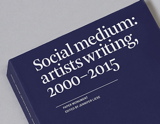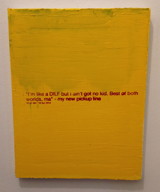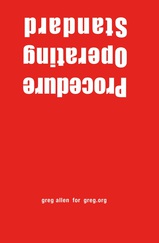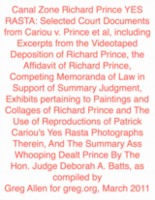Before Jonathan Lethem could call 2666, Roberto Bolano's novel, recently translated into English, a masterpiece, he referenced a Philip K. Dick story titled "The Preserving Machine," so we knew he wasn't taking the term lightly:
Dick's parable evokes the absurd yearning embedded in our reverence toward art, and the tragicomic paradoxes "masterpieces" embody in the human realm that brings them forth and gives them their only value. If we fear ourselves unworthy of the sublimities glimpsed at the summit of art, what relevance does such exalted stuff have to our grubby lives? Conversely, if on investigation such works, and their makers, are revealed as ordinary, subject to the same provisions and defects as the rest of what we've plopped onto the planet -- all these cities, nations, languages, histories -- then why get worked up in the first place? Perfect or, more likely, imperfect, we may suspect art of being useless in either case.Both Lethem's problematic outcomes presuppose a reflectiveness that may not be as widespread as he'd like. Masterpieces are a self-fulfilling prophecy of sorts, and most reader/viewer/listeners dutifully feel the ecstasy they've been pre-programmed to expect by the canonizing culture at large. When I see mobs standing in awe in front of the Mona Lisa or dutifully thronging the Sistine Chapel, the work itself is almost just a catalyst for the experience of consuming Important Culture. I mean, if people were really paying attention, they'd notice what an unpleasant experience it usually is.
Meanwhile, 2666 sounds absolutely engrossing and fantastic. Now if only I could find a way to read a 912-page novel right now. [nyt book review]












